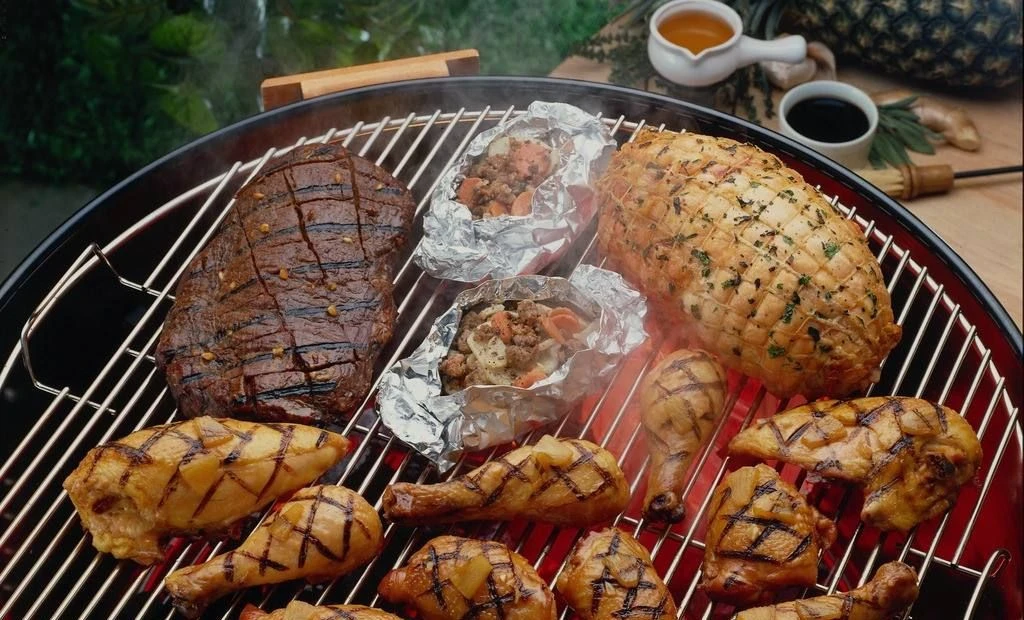Nov . 28, 2024 00:09 Back to list
Cost Analysis of Livestock Fencing Per Foot for Farm Planning
Understanding Livestock Fencing Costs per Foot
When it comes to maintaining a successful agricultural operation, the importance of proper livestock fencing cannot be overstated. Whether you're raising cattle, sheep, goats, or any other type of livestock, having secure fencing is crucial for the safety of your animals and for protecting your property. One of the key considerations in planning your fencing is the cost per foot, which can vary significantly depending on the type of materials used, the design of the fence, and the geographical location of the installation.
Types of Fencing Materials
Understanding the various types of fencing materials is essential to determining your overall costs. Here are some common options
1. Barbed Wire One of the most economical fencing materials, barbed wire typically costs between $0.10 and $0.30 per foot. It is durable and effective, especially for larger livestock. However, it may not be the best choice for smaller animals or those that might get injured.
2. Field Fencing This type of fencing can range from $0.50 to $1.50 per foot. Field fencing is versatile and is suitable for various types of livestock. It offers a more secure enclosure compared to barbed wire, often featuring horizontal wires to prevent animals from escaping.
3. Electric Fencing Electric fencing can cost anywhere from $0.30 to $1.00 per foot, depending on the complexity and the number of wires used. It acts as a psychological barrier, deterring animals from testing the fence due to the mild shock. This type of fencing is particularly popular for cattle and horses but requires a consistent power supply.
4. Stock Fencing Similar to field fencing but typically with more vertical wires, stock fencing costs between $1.00 and $2.50 per foot. It effectively contains smaller livestock like sheep and goats while providing good visibility.
5. Wood Fencing While aesthetically pleasing, wood fencing is one of the costliest options, typically ranging from $3.00 to $10.00 per foot based on the type of wood and design. It is sturdy and offers high visibility but requires regular maintenance to prevent rot.
Labor Costs
Apart from materials, labor costs play a significant role in your overall fencing expenses. Depending on your location, labor costs can vary widely. Hiring a professional fencing contractor may cost you anywhere from $1.50 to $4.00 per foot, which includes installation, materials, and removal of old fencing if necessary. If you're handy and opt for a DIY approach, you can save on labor costs, but you should consider the time and effort involved.
livestock fencing cost per foot

Considerations Beyond Cost
While cost per foot is an essential factor, several other considerations should influence your fencing choice
1. Animal Type Different types of livestock require different fencing solutions. Smaller animals like goats may need tighter fencing to prevent escape, while larger animals like cows may be more manageable with a simple barbed wire setup.
2. Terrain The geographical location and the nature of the terrain can significantly affect installation costs. Rocky or hilly land may require more labor and specialized equipment, thus increasing overall expenses.
3. Long-Term Maintenance It's essential to consider the longevity and maintenance needs of your fencing choice. Wood fences require regular treatment to avoid decay, while wire fences may need occasional repairs.
4. Local Regulations Always check local zoning laws and regulations. Some areas have specific requirements for fencing, especially for livestock, which could influence your choices and associated costs.
Budgeting for Fencing
When budgeting for your fencing project, make sure to factor in not just the immediate costs but also the long-term implications. It’s wise to gather multiple quotes from suppliers and contractors, ensuring you can compare pricing and options thoroughly. You may also want to calculate the total perimeter of the area you're fencing to get a clearer picture of your total expenses.
Conclusion
Investing in proper livestock fencing is a crucial step in ensuring the safety and wellbeing of your animals, protecting your investment, and maintaining the productivity of your farm. By understanding the costs associated with various fencing types and the factors influencing these prices, you can make an informed decision that meets both your budget and livestock management needs. Whether you opt for a cost-effective solution or a more premium option, the right fencing will contribute significantly to the success of your agricultural endeavors.
-
Reinforcing Mesh: Core Material of the Construction Industry
NewsJul.07,2025
-
Welded Wire Fabric Reinvented for Modern Projects
NewsJul.04,2025
-
Superiority of Stainless Steel Woven Mesh
NewsJul.04,2025
-
Key Types of Razor Wire and Their Applications
NewsJul.04,2025
-
Durable Metal Fence Types for Security
NewsJul.04,2025
-
Best Materials for Livestock Fence
NewsJul.04,2025
products.







